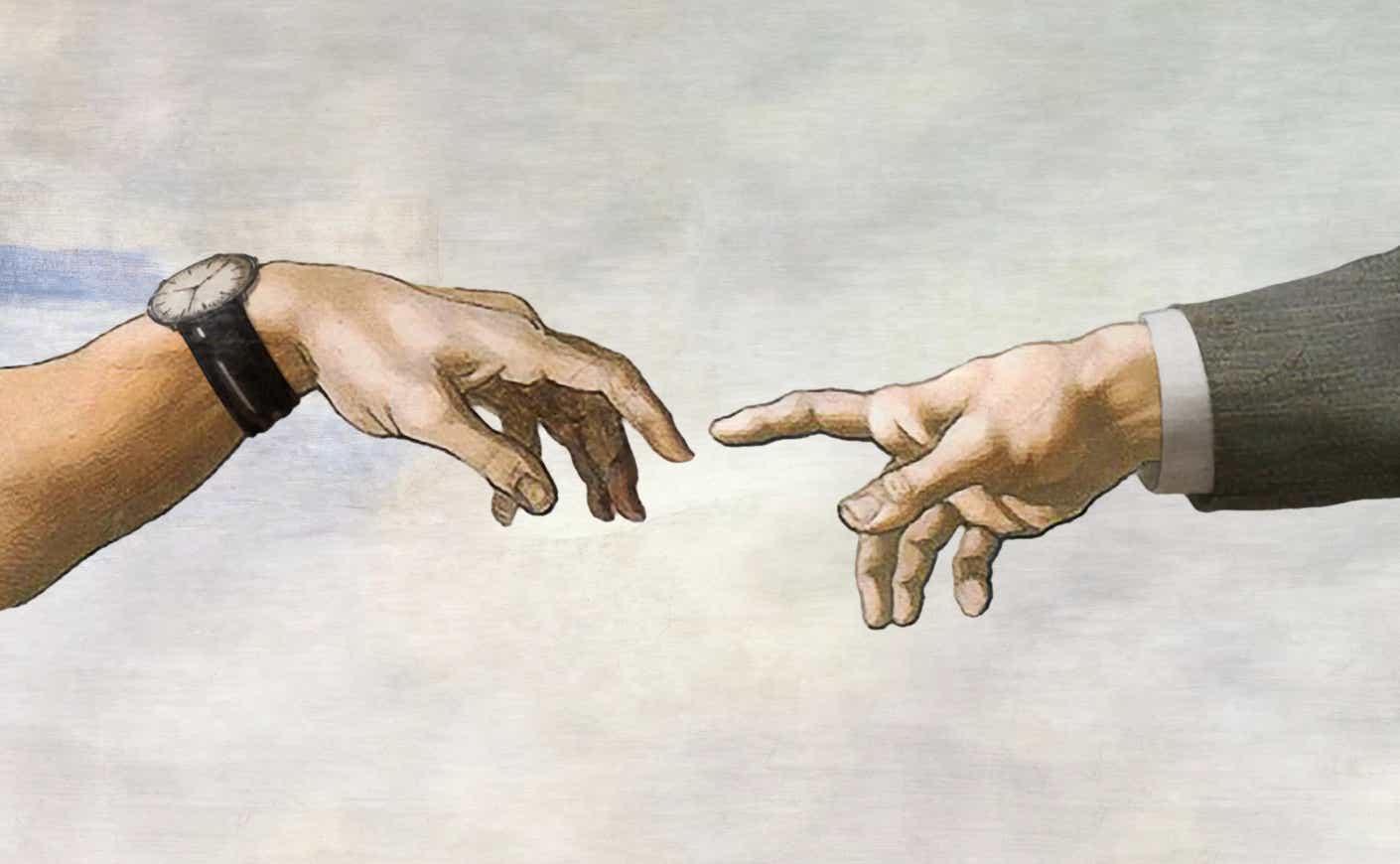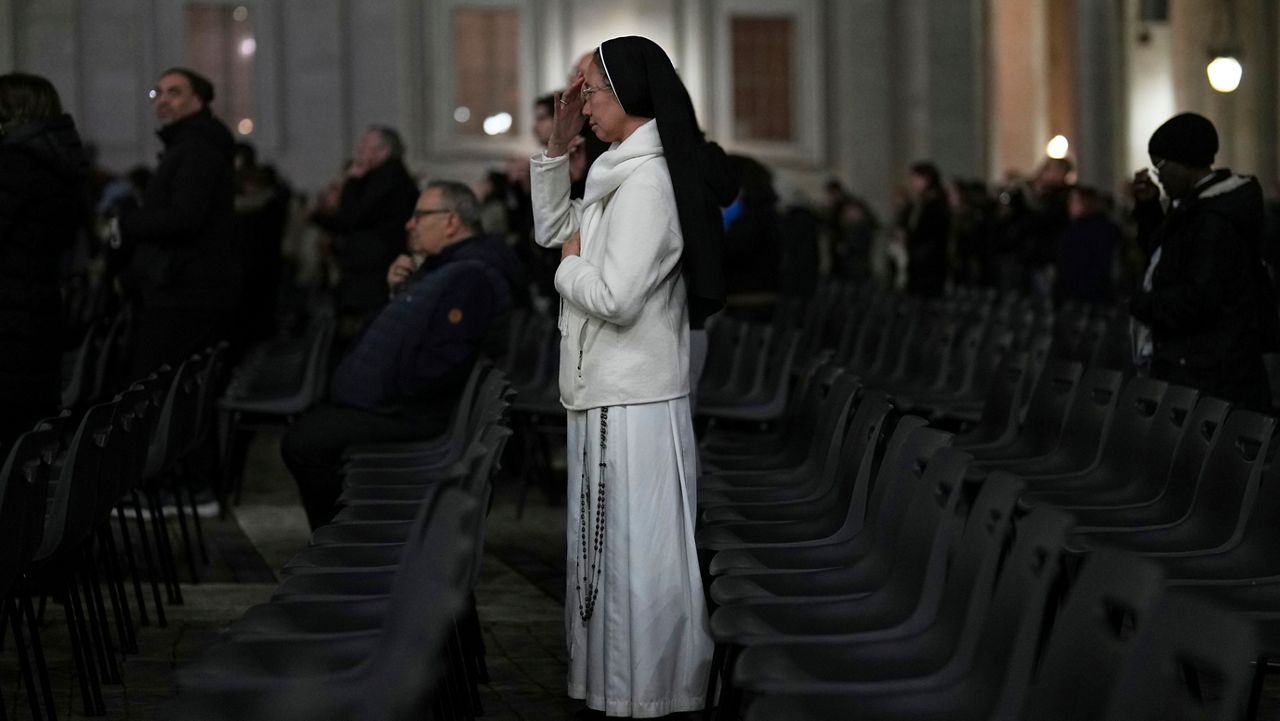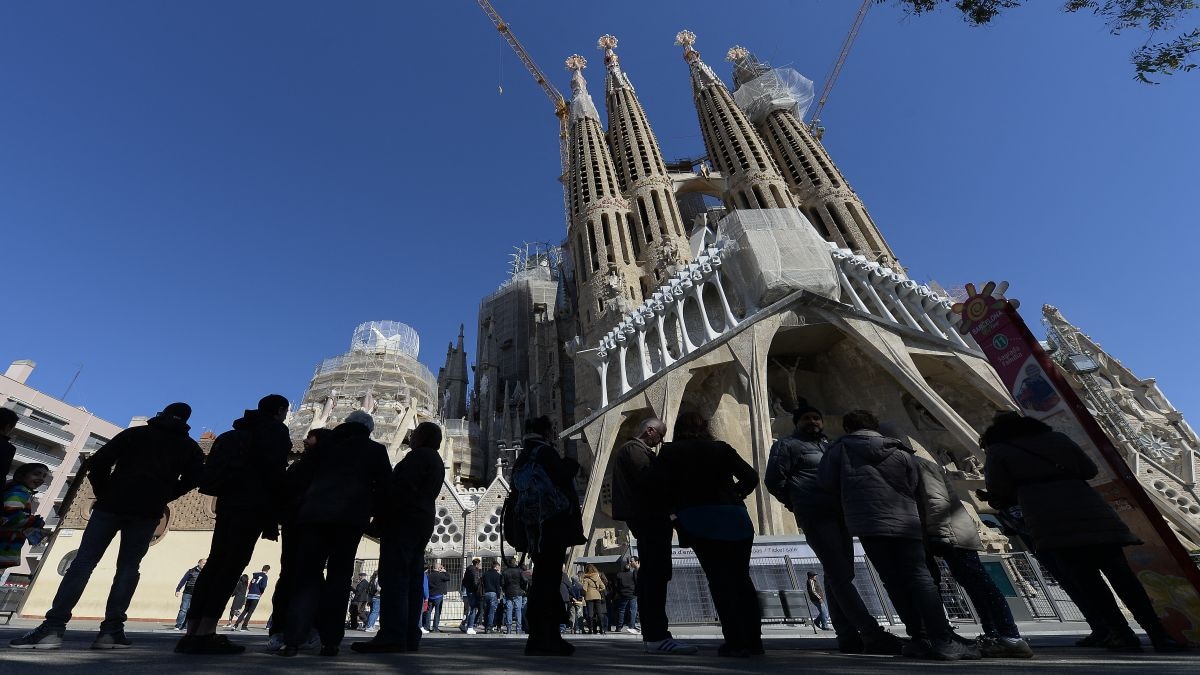Global Faith Shift: Millions Abandon Traditional Religious Paths, Survey Reveals
Religion
2025-03-30 20:53:04Content

Religious migration patterns reveal fascinating disparities across different cultures and regions. A comprehensive Pew Research study uncovered striking differences in how people approach religious identity, with some countries experiencing significant shifts while others remain remarkably stable.
In South Korea, for instance, religious fluidity is pronounced, with approximately half of all adults surveyed having departed from the religious traditions of their childhood. This represents a dramatic transformation in personal belief systems and cultural identity. In stark contrast, Bangladesh presents an entirely different narrative, where religious departure is exceptionally rare, and individuals overwhelmingly maintain the religious practices inherited from their families.
These divergent trends highlight the complex and nuanced nature of religious affiliation in our increasingly globalized world. They underscore how cultural, social, and personal factors can dramatically influence an individual's spiritual journey and religious choices.
Religious Exodus: The Global Shift in Spiritual Landscapes Unveiled
In an era of unprecedented social transformation, the dynamics of religious affiliation are undergoing a profound metamorphosis, challenging long-established cultural narratives and revealing intricate patterns of spiritual migration across diverse global contexts.Unraveling the Complex Tapestry of Faith Transitions in Modern Society
The Evolving Paradigm of Religious Identity
Religious identity represents far more than a mere personal choice; it embodies a complex interplay of cultural, societal, and individual psychological factors. Contemporary research illuminates the nuanced mechanisms driving individuals to reconsider their spiritual foundations, transcending traditional boundaries of religious inheritance. Sociological investigations reveal that religious disengagement is not a monolithic phenomenon but a multifaceted process influenced by education, urbanization, technological exposure, and generational shifts. The intricate landscape of faith transitions demonstrates remarkable regional variations, with some societies experiencing dramatic transformations while others maintain remarkable stability.Comparative Regional Religious Dynamics
Different geographical contexts exhibit strikingly divergent patterns of religious migration. South Korea emerges as a compelling case study, where approximately 50% of adults surveyed have deliberately departed from their childhood religious frameworks. This substantial demographic shift suggests profound societal changes, potentially driven by increased global connectivity, educational opportunities, and evolving philosophical perspectives. Conversely, nations like Bangladesh present a contrasting narrative, where religious adherence remains remarkably consistent. This stark disparity underscores the importance of understanding localized cultural dynamics that shape spiritual experiences and individual choices.Psychological Dimensions of Religious Transformation
The decision to abandon one's inherited religious tradition represents a deeply personal and often emotionally charged journey. Psychological research indicates that such transitions are rarely impulsive but emerge from prolonged introspection, intellectual exploration, and a quest for authentic spiritual meaning. Individuals navigating these transformative experiences often encounter complex emotional landscapes, including feelings of liberation, uncertainty, and occasionally, familial and social tension. The psychological resilience required to challenge deeply ingrained belief systems reflects a profound human capacity for self-reflection and personal growth.Technological and Generational Influences
Digital platforms and global communication networks have dramatically reshaped how individuals encounter, evaluate, and engage with diverse religious perspectives. The internet has democratized access to information, enabling unprecedented exposure to alternative philosophical frameworks and challenging traditional religious narratives. Younger generations, characterized by their digital fluency and global interconnectedness, demonstrate increasingly fluid approaches to spiritual identity. This generational shift suggests a fundamental reimagining of religious affiliation, moving beyond inherited traditions towards more personalized, eclectic spiritual experiences.Socioeconomic Factors and Religious Mobility
Socioeconomic contexts play a pivotal role in religious transitions. Higher education, urbanization, and economic development correlate significantly with increased religious flexibility. As societies become more complex and interconnected, traditional religious structures face unprecedented challenges in maintaining intergenerational continuity. The intersection of economic opportunity, educational access, and spiritual exploration reveals a nuanced landscape where individual agency increasingly determines religious trajectories. This dynamic challenges simplistic narratives of religious adherence and highlights the sophisticated ways humans negotiate spiritual identity.RELATED NEWS
Religion

Vatican Gathers: Faithful Converge for Extraordinary Papal Mass in Heart of Rome
2025-02-24 19:26:14







